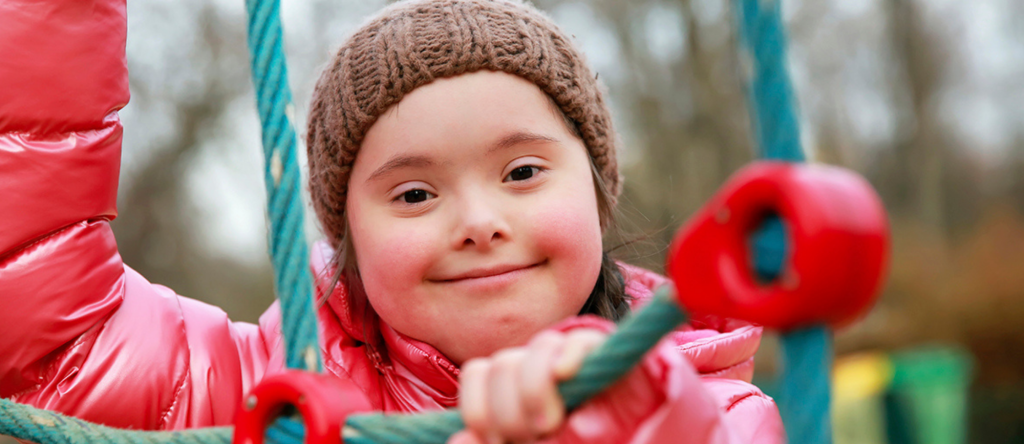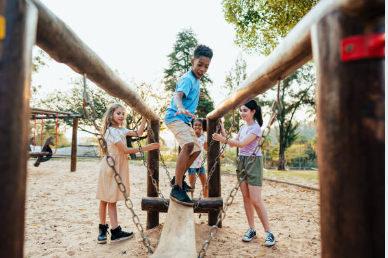Previously published in Volume 84, Issue 3
The hours between school and evening, from 3 to 6 p.m., are critical to the well being of children and youth. Research tells us that when young people are left alone during this time period they tend to participate in sedentary activities, high-risk behaviours, and often engage in poor eating habits. Many children and youth may get a large portion of their daily physical activity – as much as 30% - after school. As such, this window provides a significant opportunity in supporting the health and wellness of our kids.
After School Safety Check
PHE Canada, alongside Ophea, Canadian Parks and Recreation Association, Active Living Alliance for Canadians with a Disability, and High Five, as a part of the Active and Safe After-School Initiative, developed resources and tools that help reduce the prevalence of physical injuries that occur during after-school programs. The After School Safety Check resources build leader awareness and capacity for injury prevention supporting physical activity leaders and teachers to understand risk, become aware of good practices and knowledgeable of critical steps to safety/injury prevention.
The After School Safety Check educates leaders on how to avoid, communicate and effectively respond to incidents of injury in sport and recreation activities taking place during after-school programs. Additionally, the initiative integrates tools and resources specific to safety/injury prevention in relation to sport and physical activity participation.

Activity plans (interactive games and activities)
Includes 21 age-appropriate games and activities based on concepts of social responsibility and safety, with the aim of ensuring that children and youth understand risk, why rules are in place, and the hazards associated with non-compliance. Each Activity Plan includes: recommended age group, activity theme, duration, activity goals, equipment, resources, activity description, and instruction, guided direction, and take home message.
Activity Checklists
Includes 16 checklists for After School program leaders that build capacity to enhance risk management skills for active and safe play in the after school hours. These checklists provide information on the minimum standard of care for physical activities by outlining safe practices for specific activities in order to minimize the risk of accidents or injuries. Each checklist contains 5 subsections: Equipment, Clothing/Footwear, Facilities, Special Rules, and Supervision.
Parent Checklists
Includes Four checklists designed for parents to support their program selection process for their children, specifically in ensuring safety standards and staff qualifications are present. These checklists also reinforce that the safety precautions for after-school programs and at home.
Downloadable parent checklists
Resource Materials
Includes 16 checklists to provide important safety information and guidelines to after-school program leaders to support them in assessing and reviewing safety practices and policies. These tools can also support safety training among after-school program supervisors and leaders.

